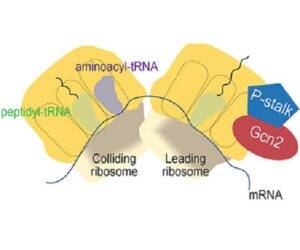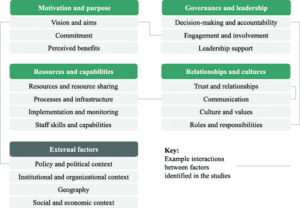The National Institutes of Health (NIH) stands as the cornerstone of medical and health research in the United States, operating as the nation’s foremost agency dedicated to advancing scientific knowledge and understanding human health. This comprehensive guide delves into the multifaceted role of the NIH, its pivotal contributions, and how it shapes the landscape of healthcare and scientific discovery.
Understanding the National Institutes of Health
The NIH: A Brief Overview
- Founded in 1887, the NIH operates under the U.S. Department of Health and Human Services and comprises 27 different institutes and centers, each specializing in specific health-related areas.
- Its primary mission centers on conducting and funding medical research to enhance health, lengthen life, and reduce illness and disability.
Unraveling the NIH’s Core Objectives

Pioneering Research Initiatives
- The NIH actively engages in groundbreaking research across a wide spectrum of health issues, spanning from cancer and infectious diseases to mental health and beyond.
- Funding pivotal studies and trials, the NIH enables advancements in treatment options, preventive measures, and medical technologies.
Promoting Public Health and Well-being
- Through extensive outreach, the NIH disseminates valuable health information and resources to the public, fostering awareness, education, and disease prevention.
- The institution’s programs aim to address health disparities, providing support and guidance to underserved communities.
The NIH’s Crucial Role in Innovation
Supporting Scientific Excellence
- As the leading funder of biomedical research in the U.S., the NIH bolsters the scientific community, nurturing innovation and discovery.
- Grants and funding mechanisms empower researchers to explore new frontiers and develop novel solutions to pressing health challenges.
Advancing Medical Breakthroughs
- Many transformative medical breakthroughs, from vaccines to cutting-edge therapies, have roots in NIH-funded research, exemplifying its indispensable role in pushing the boundaries of healthcare.
- Continual support for innovative research ensures ongoing advancements in medical treatment and care.
Impact on Global Health and Collaboration

International Reach and Collaborative Efforts
- The NIH collaborates with global health organizations and researchers worldwide, fostering a collective approach to tackle global health issues.
- Joint initiatives and information sharing amplify the impact of research, creating a more interconnected and collaborative healthcare landscape.
Future Prospects and Ongoing Initiatives
Frontiers of Research and Development
- Embracing emerging technologies and scientific trends, the NIH continues to explore new vistas in health research, from genomics and precision medicine to artificial intelligence applications.
- Initiatives like the All of Us Research Program aim to gather diverse health data for precision health approaches, paving the way for personalized medicine.
Sustaining a Culture of Innovation
- NIH’s commitment to fostering a dynamic and innovative research culture ensures a pipeline of fresh ideas and groundbreaking studies, perpetuating its legacy of impactful research.
The National Institutes of Health remains an indispensable entity in the pursuit of better health and well-being for all. Its multifaceted efforts in research, public health initiatives, and global collaboration underscore its vital role in driving innovation and shaping the future of healthcare.

